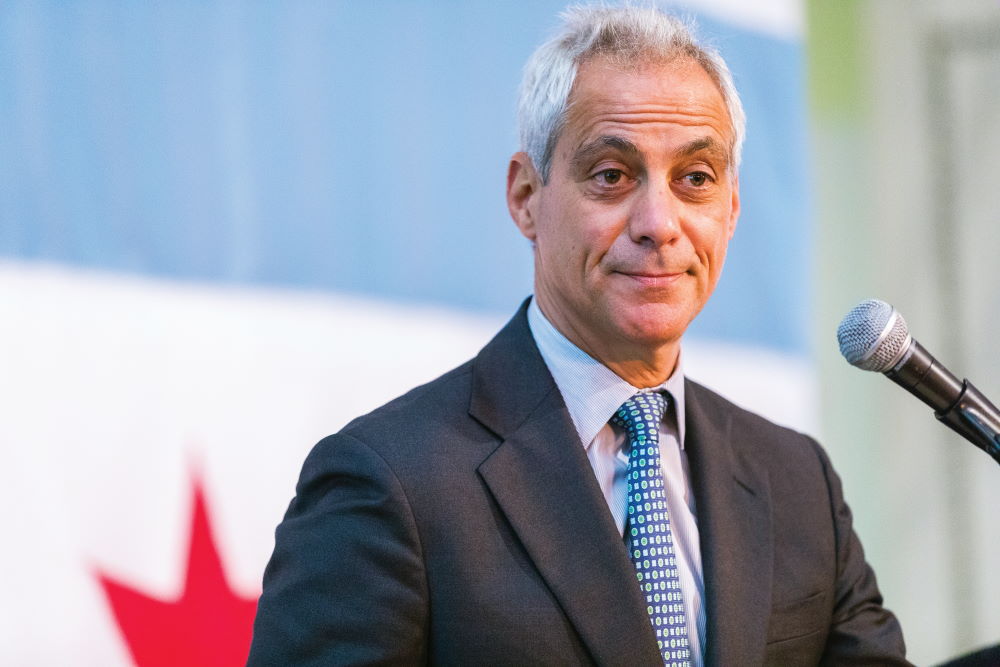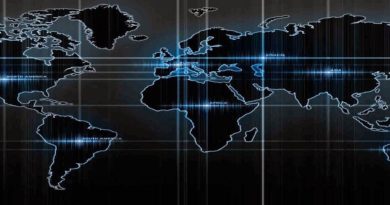The Great Reset and Its Critics: The Technocrats

The Great Reset and Its Critics (full series)
The Technocrats | The Great Reset
The Great Narrative | The Critics | Conclusion
In mid-2020, after COVID-19 and lockdown policies to (unsuccessfully) stop it had spread across the world, the World Economic Forum (WEF) leader Klaus Schwab, along with the man now known as King Charles III of the United Kingdom, announced the Forum’s “Great Reset Initiative” to guide a state-managed, environmentalist, and corporate-aligned reconstruction of the world economy. Schwab built on the initiative with a book co-authored with French economist Thierry Malleret titled COVID-19: The Great Reset. In their book, they made predictions about how the pandemic and ruling regime it ushered in would “reset” society to the benefit of environmentalism and management of the economy by a concert of state and “stakeholder.” The sequel, The Great Narrative, proposed an approach to selling the WEF’s reset agenda based on Schwab and Malleret’s discussions with 50 mostly left-wing, mostly academic thinkfluencers; It calls for more global governance. The radicalism of the “reset”—it’s right there in the name—and the influence of Schwab and the WEF, have elicited firm opposition.
Few quotes stick in the conservative or libertarian craw. quite like the infamous musing of incoming White House Chief of Staff Rahm Emanuel to President Barack Obama, “You never want a serious crisis to go to waste. And what I mean by that it’s an opportunity to do things that you think you could not do before.” For Emanuel, the Obama administration, and Democrats’ generational-scale majorities in both houses of Congress, that meant enacting the fiscal stimulus, a then-outrageous $787 billion boondoggle of building projects; regulatory legislation like the Dodd-Frank banking act; and Obamacare, the statist restructuring of health care finance.
The Technocrats
But the quote sticks because the impulse is far from Emanuel’s alone. Nothing in the COVID-19 pandemic period so vividly demonstrated the impulse “to do things that you think you could not do before” as the name given to a project launched at a 2020 virtual conference of the World Economic Forum (WEF), the think tank and business league based in Europe best known for hosting the annual Davos meetings at which international politicians and corporate bigwigs lay out their visions for the world.
That name was “The Great Reset.” Demonstrating the WEF’s influence over a European metropolitan left-leaning sort, the project was launched by Klaus Schwab, the German academic who has led the WEF and been a leading opponent of shareholder primacy in corporate governance since 1971, and then-Prince of Wales, now King Charles III of the United Kingdom. The project, in the words of International Monetary Fund managing director Kristalina Georgieva, aspires to frame the emergence from the COVID-19 pandemic in the creation of “a greener, smarter, fairer world.”
Later in 2020, Schwab and French economist Thierry Malleret published COVID-19: The Great Reset, a book-length examination of the changes in society the authors presumed were likely to happen and perhaps desirable as a result of the pandemic. Increased power of the state and left-wing activism were presumed certain; rapid adoption of environmentalist-aligned, “stakeholder”-influenced corporate practices was presumed to be a necessity.
Schwab has opposed “shareholder primacy,” the view that corporate management owes shareholders the greatest profits that can be obtained in obedience to law and custom, since the 1970s. Like the financial crisis of 2008 did for Emanuel’s American Democrats, the crisis created by the COVID pandemic and the unprecedented-in-modern-times attempts to suppress it offers Schwab and the WEF the opportunity to press home their environmentalist and statist goals.
But can central planners remake a world that they cannot accurately predict? From the perspective at the turn of 2023, many of Schwab and Malleret’s predictions of the world that COVID would bring into being have not come to pass, perhaps none more crucially than one on page 70: “At this current juncture [mid-2020], it is hard to imagine how inflation could pick up anytime soon.”
Schwab and Malleret’s sequel to COVID-19: The Great Reset, titled The Great Narrative, does little to diminish such suspicions. The “narrative” is essentially a repackaging of the same warmed-over environmentalist tropes all have heard before with little connection to the actual production of things, which makes sense given that the book is based on discussions with 50 global thinkfluencers or government officials, not with industrialists or even manufacturing-trades labor unionists. The result is a mix of technocratic gibberish and Greenpeace-in-a-suit environmentalism with the solutions for “a better future” having little to offer the Western middle and working classes beyond handwaving about a “just transition” and promises that weather-dependent energy technologies are much more stable and productive than traditional fuels. (Just ask Europeans trying to heat their homes amid an energy crisis how well that claim has aged.)
The authors’ barely veiled desire to exploit the COVID crisis to pursue left-wing ends has provoked alarm and responses, at least two of book length. ClimateDepot.com publisher and longtime critic of environmentalism Marc Marono released The Great Reset: Global Elites and the Permanent Lockdown while Michael Walsh released a compilation of essays tiled Against the Great Reset: Eighteen Theses Contra the New World Order. Both focus less on Schwab’s “reset” itself than the broader agenda of ski-chalet environmentalism and chardonnay socialism popular with the professional-managerial technocratic class that is overrepresented at World Economic Forum gatherings and among the speakers at TED Talks. The right-leaning opponents’ fears are summarized in a line from a pre-COVID-era WEF video on predictions for the world in 2030: “You’ll own nothing, and you’ll be happy.”
The WEF is adamant that it does not advocate this; the line is derived from an op-ed by a Danish Social Democratic politician published by the WEF that is headlined, “I Own Nothing, Have No Privacy And Life Has Never Been Better.” Many would still respectfully dissent from such a vision.
In the next installment, in COVID-19: The Great Reset the authors made many ambitious (and wrong) predictions about how the pandemic would change the world.


